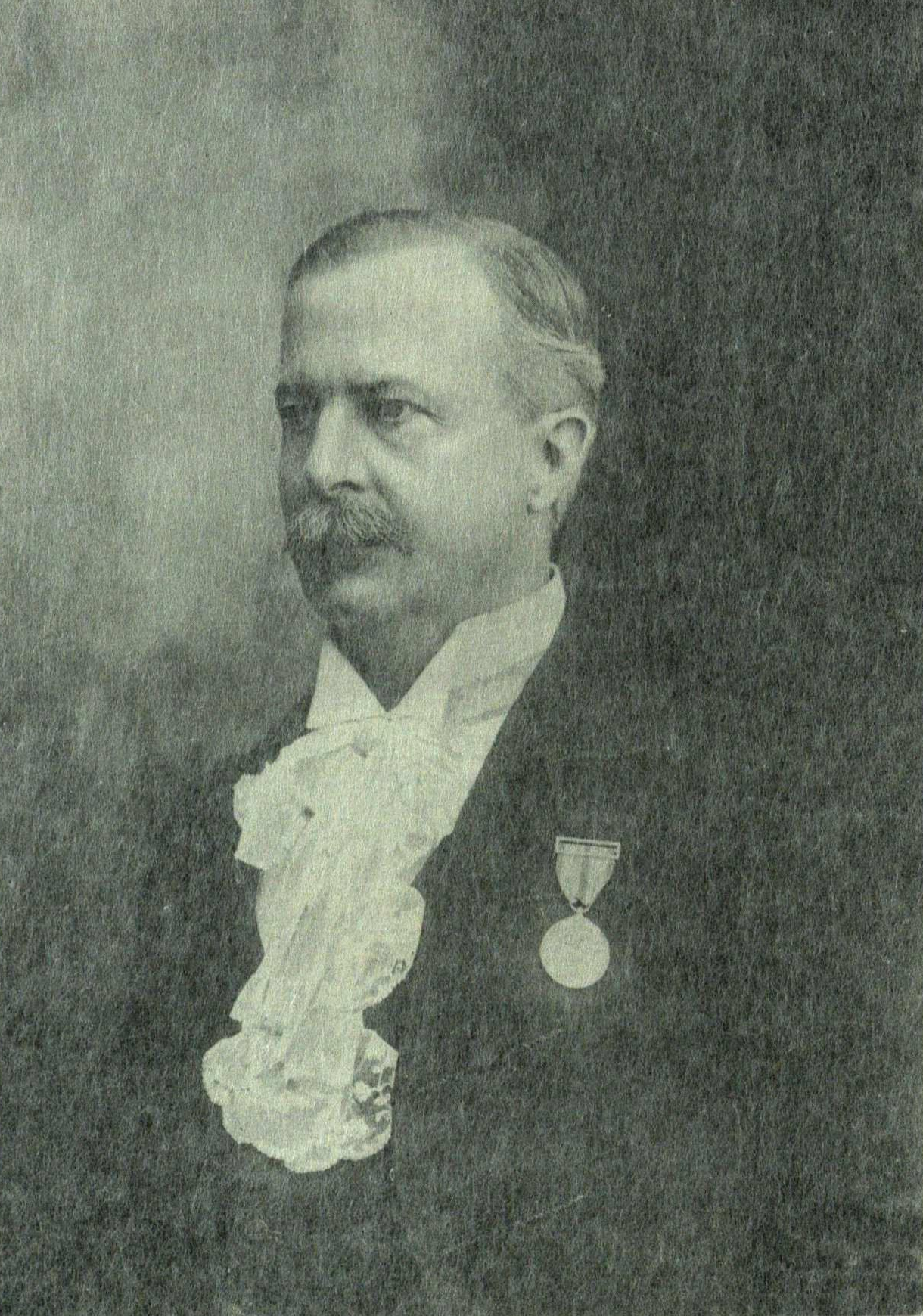Basil Scott on:
[Wikipedia]
[Google]
[Amazon]
 Sir Basil Scott (1859 - 1926) was the Chief Justice of the Bombay High Court.
Sir Basil Scott (1859 - 1926) was the Chief Justice of the Bombay High Court.
 Scott's uncle Basil Lang, was the Advocate General and leading in practitioner of the
Scott's uncle Basil Lang, was the Advocate General and leading in practitioner of the
 Sir Basil Scott (1859 - 1926) was the Chief Justice of the Bombay High Court.
Sir Basil Scott (1859 - 1926) was the Chief Justice of the Bombay High Court.
Early life
Sir Basil Scott was the son of Henry Scott educated atBalliol College, Oxford
Balliol College () is one of the constituent colleges of the University of Oxford in England. One of Oxford's oldest colleges, it was founded around 1263 by John I de Balliol, a landowner from Barnard Castle in County Durham, who provided the ...
. He passed B.A. in 1882 and M.A. in 1886. He was called to Bar Inner Temple
The Honourable Society of the Inner Temple, commonly known as the Inner Temple, is one of the four Inns of Court and is a professional associations for barristers and judges. To be called to the Bar and practise as a barrister in England and W ...
and came out as a barrister to practice in the Bombay High Court in 1884.
Career
 Scott's uncle Basil Lang, was the Advocate General and leading in practitioner of the
Scott's uncle Basil Lang, was the Advocate General and leading in practitioner of the Bombay High Court
The High Court of Bombay is the high court of the states of Maharashtra and Goa in India, and the union territory of Dadra and Nagar Haveli and Daman and Diu. It is seated primarily at Mumbai (formerly known as Bombay), and is one of the ...
. Scott became acting Advocate-General in 1899 and was also appointed permanent Advocate-General of Bombay
The Advocate-General of Bombay was charged with advising the Government of the British administered Bombay Presidency on legal matters. The Presidency existed from 1668 to 1947. Prior to 1858, when it was administered by the East India Company, th ...
. In 1906 he was elevated as Puisne Judge and after retirement of Sir Lawrence Hugh Jenkins, he was appointed to the post of Chief Justice in 1908. It is known that some of his decisions were reversed by the Privy Council and he had to some extent, the prevailing prejudices of the Anglo-Indians of his time Scott was the member of the Rowlatt Commission and also the head of Special Tribunal under the Special Tribunal Act in 1910 to deal with the case against Vinayak Damodar Savarkar
Vinayak Damodar Savarkar (), Marathi pronunciation: �inaːjək saːʋəɾkəɾ also commonly known as Veer Savarkar (28 May 1883 – 26 February 1966), was an Indian politician, activist, and writer.
Savarkar developed the Hindu nationa ...
.
References
{{DEFAULTSORT:Scott, Basil 1859 births 1926 deaths Knights Bachelor British India judges 20th-century English judges Chief Justices of the Bombay High Court People from Bombay Presidency British people in colonial India